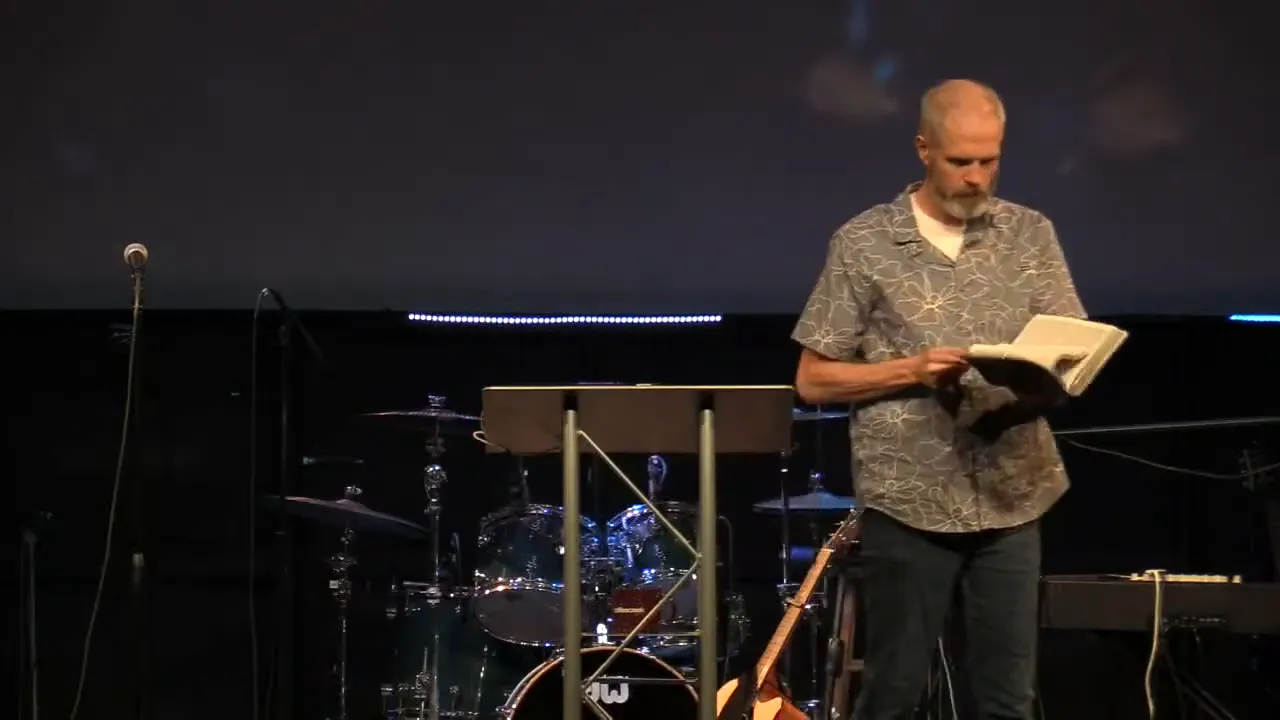Easter: Let It Change You
So the theme of my Easter teaching this year is Easter let it change you. The resurrection has changed so much in our world, and it's transformed countless lives. You have the choice to let it change you or to ignore it.
Today, I want to explore this dichotomy because there are people who live as if the resurrection never happened, while others have had their lives completely transformed by it. Their hearts, minds, and entire life trajectories have changed because of the resurrection.
Childhood Perspectives on Easter
When I was a kid, I focused on the fun aspects of Easter, like the egg hunts and the candy. You know, those delicious Reese's eggs? Can I get an amen?
But as I grew older, especially around the age of fourteen, I became aware of Jesus in a deeper way. I knew facts about Him but didn't truly follow the way of Jesus. I understood that there are people today celebrating Easter but perhaps in a completely different way than I have.
The Dichotomy of Celebrating Easter
When I see people excitedly discussing Easter, it strikes me that we may be talking about two very different observances. There's the festive celebration and a deeper recognition of its significance. It reminds me of Publishers Clearing House, where people would get excited thinking they had won big but often ended up disappointed. Imagine if you heard a knock at your door and saw someone with balloons and a giant check—would you open that door?
I'm skeptical of scams, yet the potential payoff is huge if it's real. The resurrection is similar; skepticism is natural, especially given the passage of time since this event occurred.
The Importance of Skepticism
It's perfectly reasonable to be skeptical of events from 2000 years ago. We often rely on historical accounts to believe in figures like Aristotle or George Washington, even if we haven't met them personally. Just because we haven't experienced something doesn't mean it didn't happen.
Recent research from the Barna Group shows that more adults in America are committing to follow Jesus today than in previous years. This trend is particularly interesting because it counters the stereotype that older generations are more religious.
Resurrection: The Foundation of Belief
The resurrection is the linchpin of everything in Christianity. If true, it has massive implications for our lives; if false, then nothing else matters. We need to examine the data and understand what it means.
For example, in Matthew 28, after Jesus' crucifixion, we see that He was not thrown into a mass grave, which was common for criminals at the time. Instead, He was buried in a tomb that was sealed and guarded.

The Empty Tomb
Early Sunday morning, Mary Magdalene and the other Mary went to visit the tomb. Suddenly, an angel appeared, and they were told that Jesus had risen from the dead. This account is recorded in all four Gospels, which adds to its credibility.
People often express skepticism about such miraculous events because they lack similar experiences. However, we believe many things that we haven’t personally witnessed. The ramifications of Jesus’ resurrection are enormous for us all.
Celsus: A Critical Perspective
In the early first century, philosopher Celsus criticized the resurrection accounts, arguing they should have been written better. He pointed out that the narratives are not perfectly aligned and questioned why Jesus appeared to ordinary people instead of powerful leaders.
Interestingly, his criticisms inadvertently lend credence to the authenticity of the resurrection accounts. If the writers were trying to create a compelling story, they would have likely structured it differently.
Minimal Facts Approach
The Minimal Facts Approach, developed by scholars like Gary Habermas and William Lane Craig, focuses on data that at least 90% of historians agree upon. This method allows us to draw reasonable conclusions from the evidence available.
Three key facts emerge: First, Jesus’ tomb was discovered empty. Second, the disciples claimed they witnessed Jesus alive. Third, the Christian church grew despite persecution.

The Impact of Belief
Many historians, including skeptics, agree that the tomb was empty. This is significant because it would have been easy for authorities to disprove the resurrection if they could produce Jesus’ body. The disciples’ willingness to die for their beliefs further supports the truth of their claims.
Ultimately, the growth of the Christian church, from a handful of believers to billions today, suggests that the resurrection is more plausible than any other explanation.
Making the Choice
Jesus asks, "Do you believe this?" and places the choice in our hands. This Easter, consider where you stand. Will you let the resurrection change your life? You have the opportunity to embrace this transformative event.
As we reflect on the resurrection, remember that it could be your life's turning point if you allow it. Will you let Easter change your life for good?
